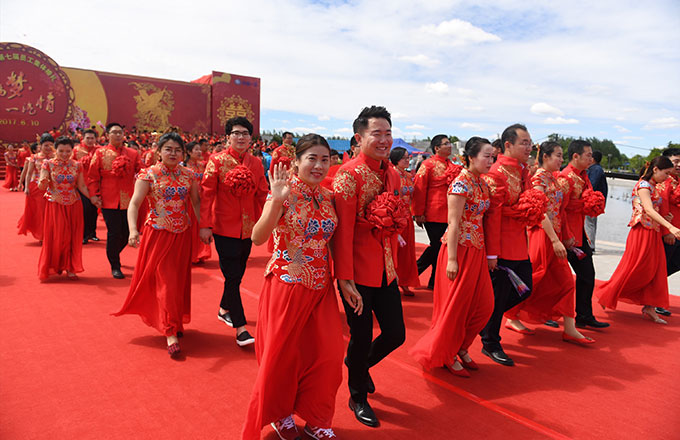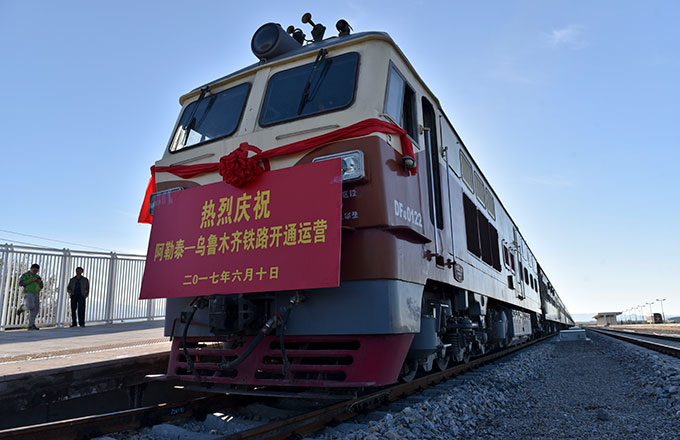Belarusian deputy PM says Wu's visit to enhance ties
MINSK - Chinese top legislator Wu Bangguo's scheduled visit to Belarus from Sept. 17 to 20 is widely expected to enhance bilateral ties, Belarusian Deputy Prime Minister Anatoly Tozik has said.
Wu, chairman of the Standing Committee of China's National People's Congress, will lead a delegation composed of heads of ministries, agencies, major corporations and banks, Tozik said in a recent interview with Xinhua.
A string of investment documents are expected to be signed during Wu's visit. He will meet with Belarusian president, prime minister and chairman of the House of Representatives, the official said.
High-level exchanges promote the dynamic development of trade and economic ties between Belarus and China, which are beneficial for both countries, Tozik said.
Over the past years, China has become one of Belarus' top 10 trade partners, with bilateral trade reaching 2.5 billion U.S. dollars in 2010, Tozik said.
For the first seven months of 2011, trade between Belarus and China has increased 40 percent from the same period of 2010 and it is expected to reach nearly 3 billion dollars at the end of 2011, Tozik said.
Tozik also said Belarus' entry to the Customs Union, a cooperative body between Kazakhastan, Belarus and Russia aimed at boosting the countries' economic integration and remove their customs borders, will bring opportunities to the cooperation between Belarus and other countries.
"It is absolutely beneficial for China and Belarus to create joint enterprises or Chinese enterprises and sell their products in the huge common market of Belarus, Russia and Kazakhstan," Tozik said.
An important component of the Belarusian-Chinese relations is cooperation in investment and financing, Tozik said.
The implementation of big investment projects in Belarus with the credit support of the Chinese banks will accelerate the modernization of the economy, increase use of local resources and produce competitive goods in foreign markets, Tozik said.
The Chinese companies are carrying out numerous projects concerning energy, infrastructure, industry and transport in Belarus.
Meanwhile, the Belarusian companies have implemented a number of investment projects in China on heavy vehicles production in Beijing, production of forage and corn harvesters, production of Belarusian tractors in Harbin (capital of northeastern China's Heilongjiang province), Tozik said.
On education and culture, Tozik said about 2,000 Chinese nationals are studying at 22 Belarusian universities. In 2006, a Confucius Institute was founded in Belarus, which promotes the Chinese language teaching and helps enrich both Chinese and Belarusian cultures.
- China issues guidelines to develop 'all-for-one' tourism demonstration zones
- Torrential rain triggers disaster in Southwest China
- Harvest time for wheat reapers in Shanxi
- Over 200 couples marry in Changchun group wedding
- Calligraphy tops other icons of Chinese culture, WeChat data shows



















